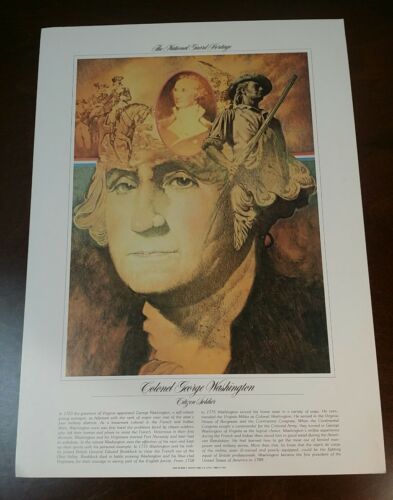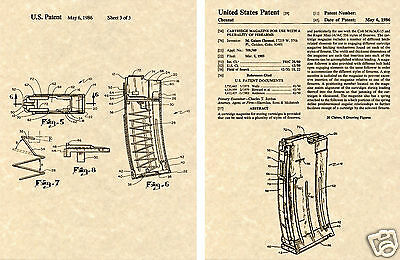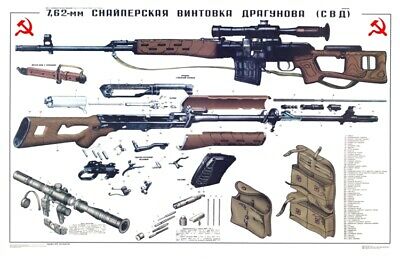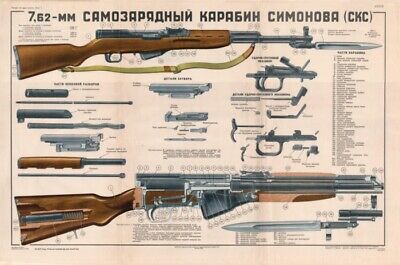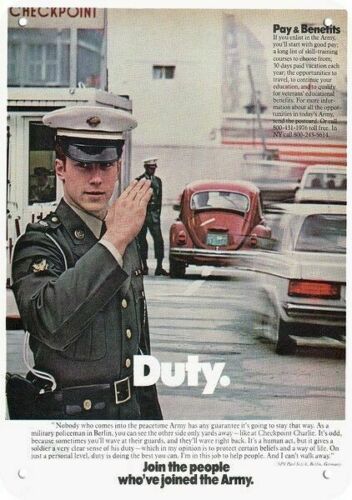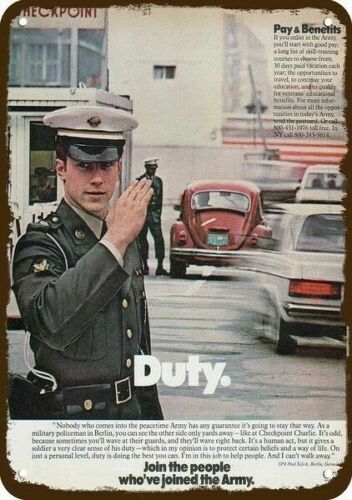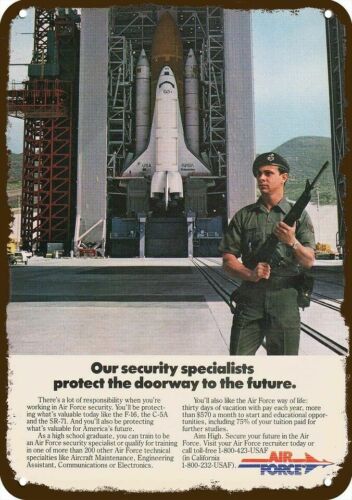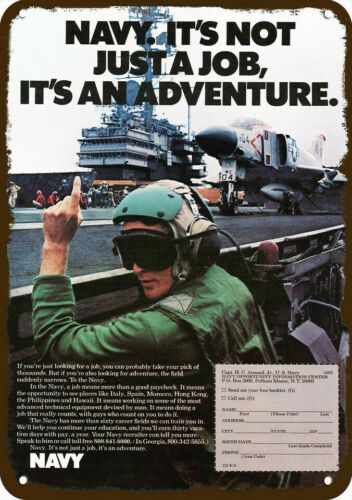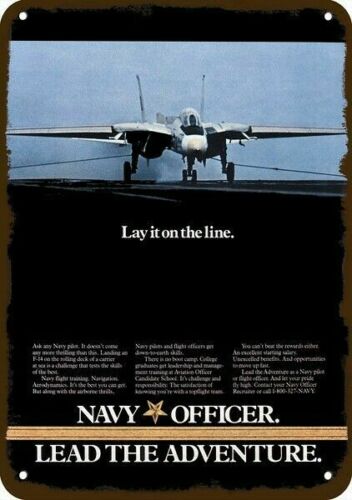-40%
The National Guard Heritage 10 X 14 Print Colonel George Washington
$ 8.97
- Description
- Size Guide
Description
The National Guard Heritage reproduction print Colonel George Washington March 1988.Dimensions: 10" X 14"
Thick paper stock.
This print is in excellent, super clean condition but may have a slight bend on the corners.
We will ship it flat in a box.
Here is the text of the print:
Citizen Soldier
In 1753 the governor of Virginia appointed George Washington. a self-reliant young surveyor, as Adjutant with the rank of major over one of the state's four military districts. As a lieutenant colonel in the French and Indian Wars, Washington soon saw first hand the problems faced by citizen-soldiers who left their homes and plows to resist the French. Victorious in their first skirmish, Washington and his Virginians erected Fort Necessity and later had to withdraw. In the retreat Washington won the affection of his men and kept up their spirits with his personal example. In 1775 Washington and his militia joined British General Edward Braddock to clear the French out of the Ohio Valley. Braddock died in battle praising Washington and his blue-clad Virginians for their courage in saving part of the English forces. From 1758
to 1775 Washington served his home state in a variety of ways. He commanded the Virginia Militia as Colonel Washington. He served in the Virginia House of Burgesses and the Continental Congress. When the Continental Congress sought a commander for the Colonial Army, they turned to George Washington of Virginia as the logical choice. Washington's militia experience during the French and Indian Wars stood him in good stead during the American Revolution. He had learned how to get the most out of limited manpower and military stores. More than that, he knew that the esprit de corps of the militia, even ill-trained and poorly equipped, could be the fighting equal of British professionals. Washington became the first president of the United States of America in 1789.
NGB-78-8505-1, MARCH 1988. U.S.: G.P.O. 1988-211-376
